Stories
Lebanon in Troubled Waters
A plan to build a dam has become the symbol of the fight against corruption in Lebanon.
Text — Jasmin Lavoie
Photos — Drowster
In Beirut, potable water is more easily found outside houses than inside. The wealthiest residents buy it in bottles from neighbourhood shopkeepers, and the rest collect from the water tankers that drive through the city for a few hours each day. At least 1.6 million people face water shortages in the Lebanese capital region.
Chronic water shortages have been affecting the population since the end of the civil war in 1990. To respond to the problem, the government has been proposing a dam construction project since 2015, on the Bisri River, about 35 km south of Beirut. A reservoir would catch the rainwater that otherwise streams out to the Mediterranean Sea. Water would be stockpiled in winter — up to about 125 million m3 — and consumed when the need is higher, particularly during the dry season. The project, which would cost a total of US $617 million, has already received funding from the Lebanese government, the Islamic Development Bank, and the World Bank.
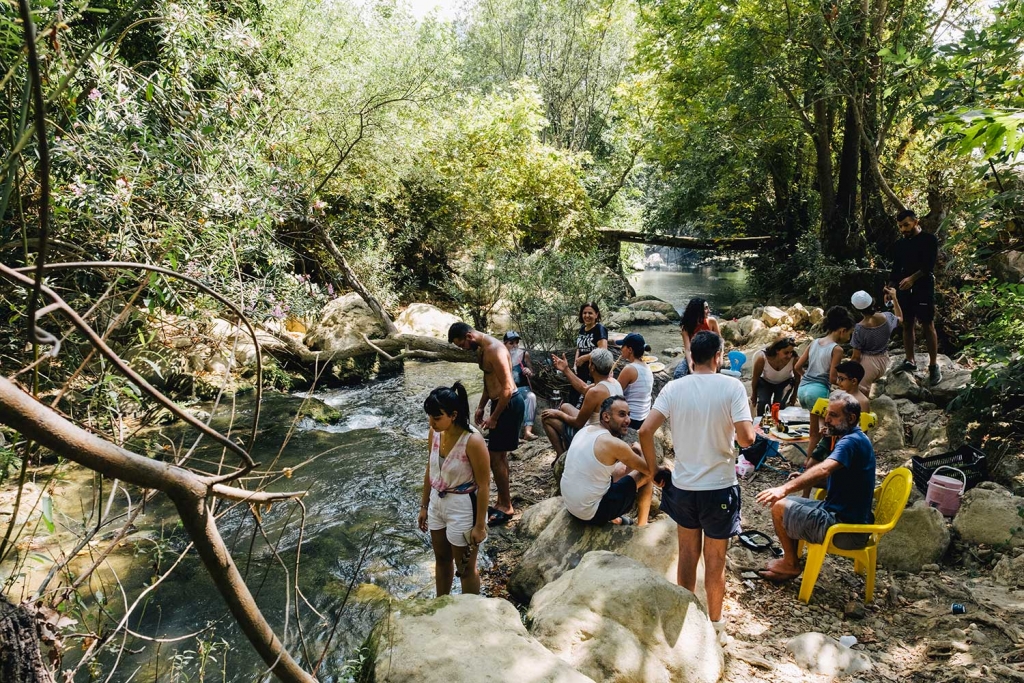
But work on the dam’s construction has been suspended since June, and on 4 September, the World Bank withdrew its investment. This was a result of public pressure — from the valley’s inhabitants, ecologists, and tourists who visit the place for family picnics, hiking, and camping trips. These groups also want to protect the 60 heritage sites — some of which date from the Roman period — that remain among the hills. Many Syrian refugees have also settled in the fertile valley, cultivated by the Lebanese.
Not only would the construction of the dam drive out these visitors and residents of Bisri, it would destroy part of the biodiversity of this valley, known for its pomegranate and lemon trees, while contributing to the acceleration of climate change near the shores of the Mediterranean Sea.
For years now, a group of activists has been speaking out, bringing its concerns to the government, but opposition to the project truly crystallized on 9 November 2019, when 3,000 people charged into the valley, breaking through the fences around the construction site. Since then, activists such as François Nour and other militants from the opposition group Save the Bisri Valley have been taking turns camping on the site.
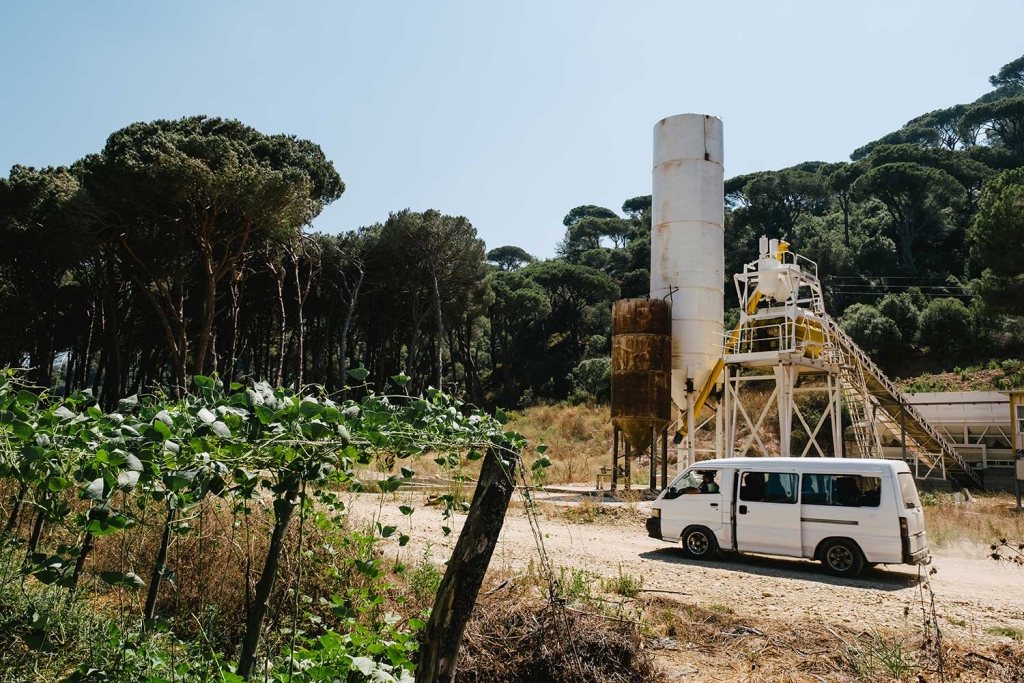
“Not only is it not the best solution, it’s also the most expensive one,” Nour says right off the bat. He did his master’s degree on other options for supplying Beirut with water. He proposes better management of the existing dams, making the city more permeable to combat the seawater intrusion in the wells, and using water from neighbouring mountains and rivers.
The construction of the dam would take five years and could destroy six million m2 of green space, which is already scarce in the capital region. It could also pose a seismic risk, according to some geologists, a worst-case scenario refuted by the project’s proponents. They argue that the Bisri Dam will be equipped with seismographs that will continuously monitor any movements that might affect the structure.
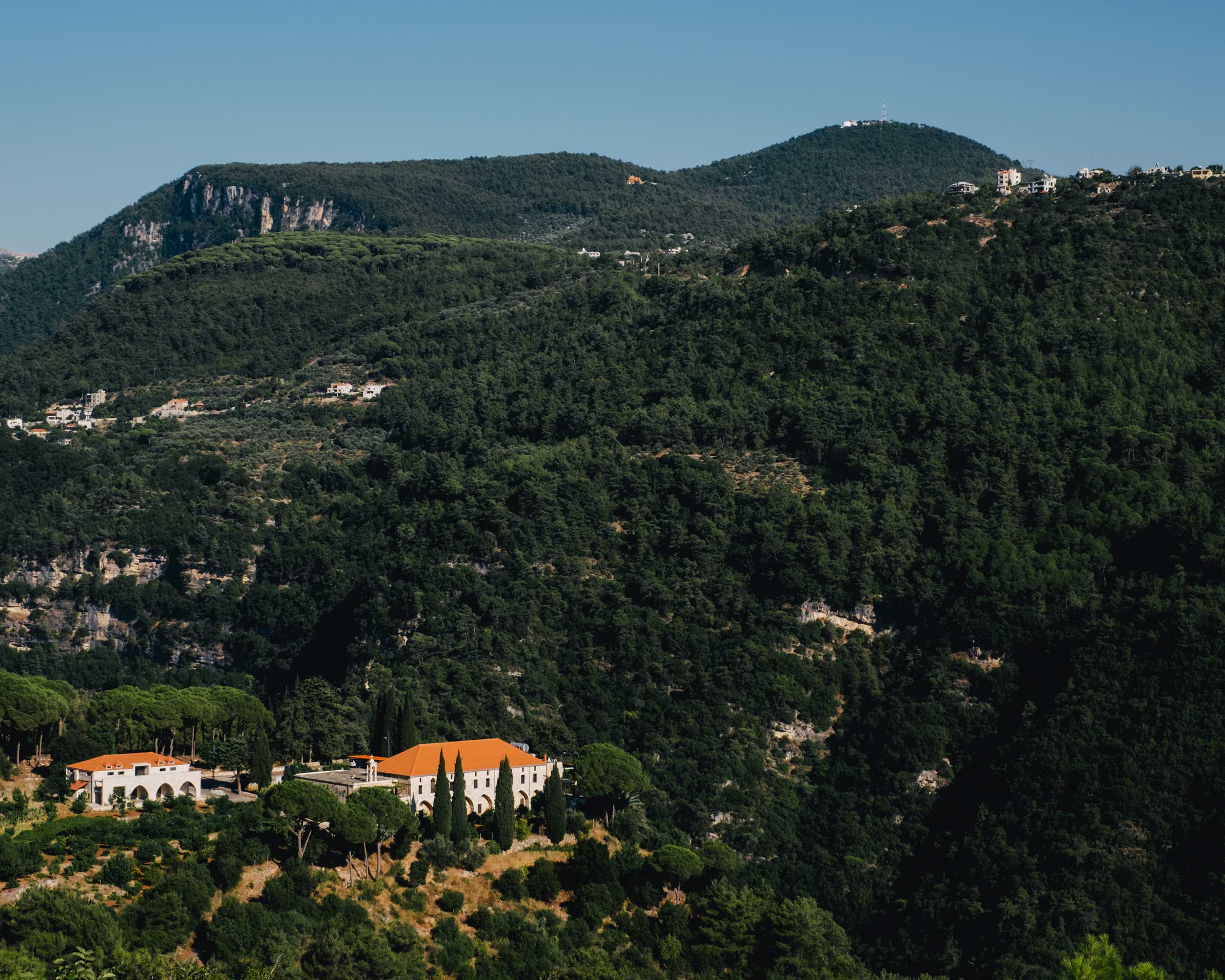
Bisri represents everything that many Lebanese people are fighting against: a system of favouritism. It’s important to know that Lebanon is a confessional state, which requires that different religious communities divide up seats at the Assembly according to their population share. “All major infrastructure projects in Lebanon work the same way. Politicians divide them up between contractors who are affiliated with their party. Each political party has its billionaire financier, to whom it gives the contracts,” says François Nour about the way strings are pulled in his country.
According to Nour, the first objective of the Bisri project is not to supply the inhabitants of Beirut with water, but rather to enrich those already in power.
Kamal Zibawi, a mixed martial arts fighter, has been camping in the valley for three months. “I feel like I’m taking part in something bigger than myself by camping here,” he says. Like many other activists, he sees the opposition to the dam as being symbolic of other struggles playing out simultaneously in the streets of Beirut.
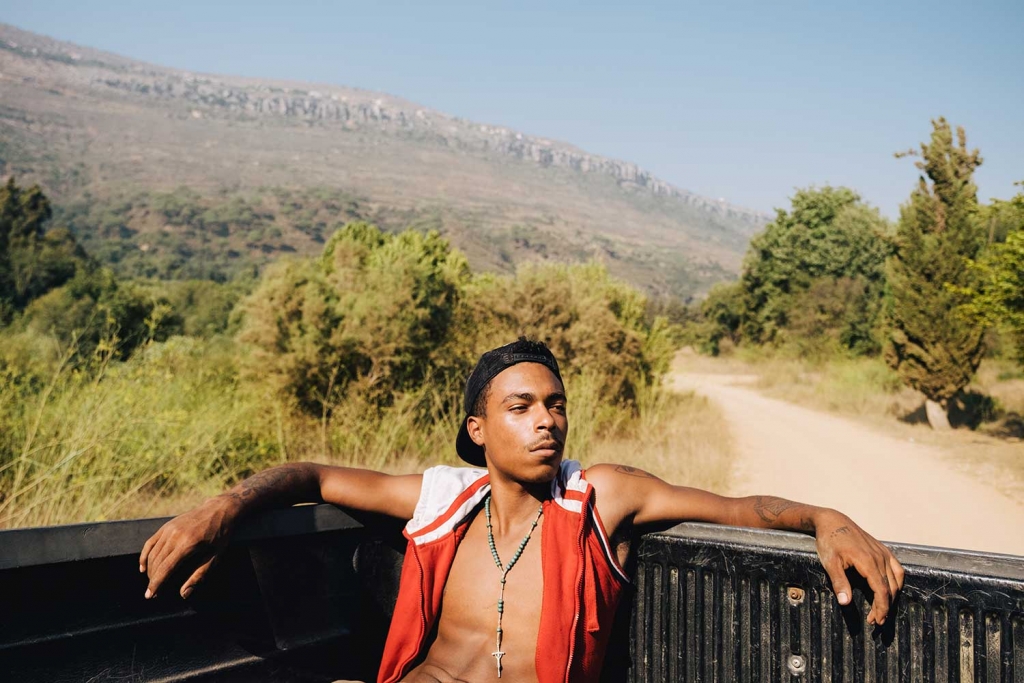
Last year, Zibawi took part in the series of protests aimed at finding solutions to the economic crisis still gripping Lebanon to this day. The demonstrations dropped off when the country was affected by COVID-19, but they started up again on 4 August, after the deadly explosions in the downtown core of the capital. More than 190 people died and 6,000 were injured. Just as with the Bisri project, politicians are blamed for their lack of consideration of the common good.
In Beirut, demonstrators accuse elected officials of negligence, because the latter knew for years that the dangerous chemical that caused the explosions was stored in a damaged warehouse in the city’s port.
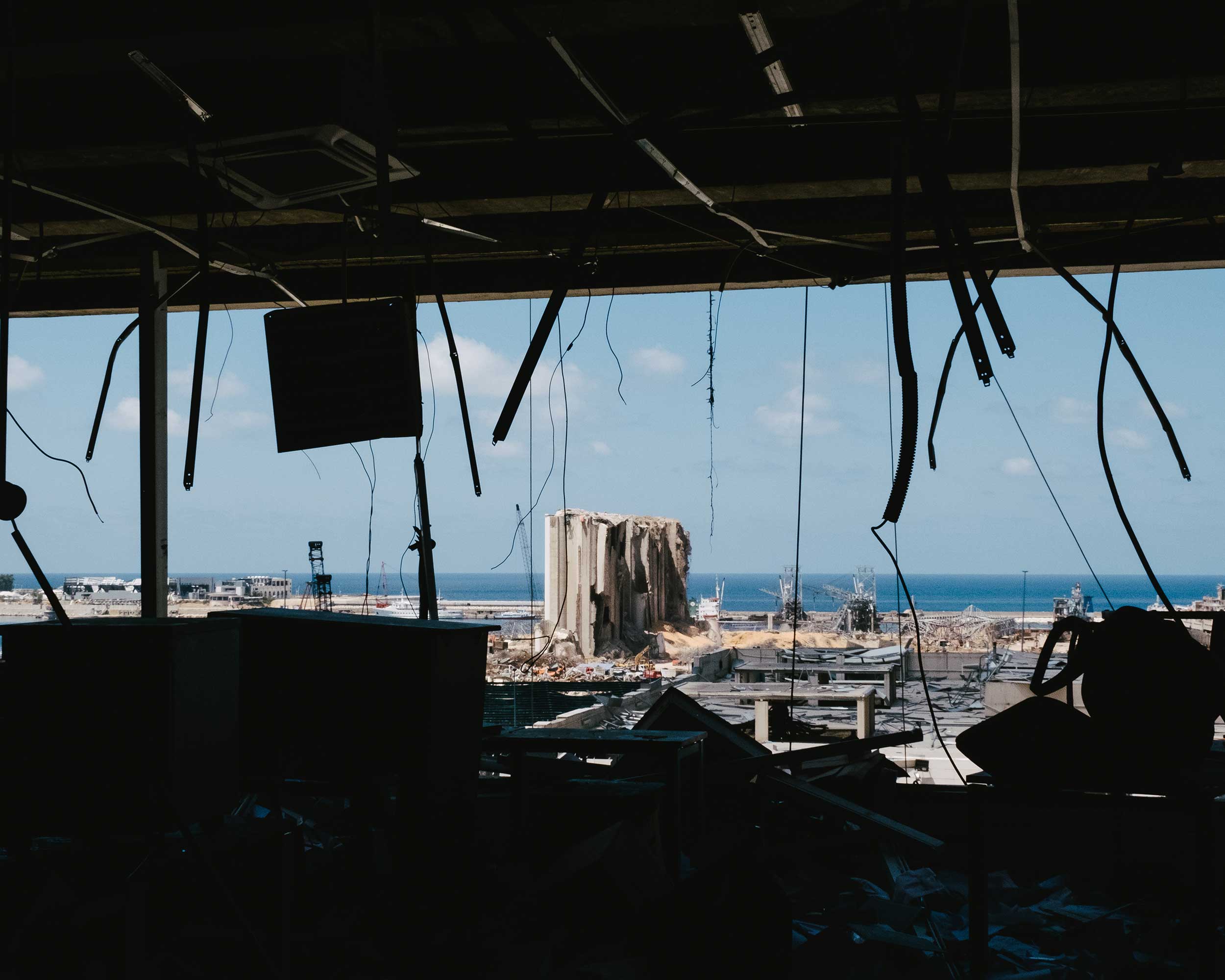
The author and artist Fatima Ismail, who cared for victims of the explosion, sees within all these protests a profound transformation in Lebanese people, who are now focused on challenging the country’s corrupt elite. “I see people completely changing their opinion. Those who were closed-minded before are more sensitive to claims against the system. Lebanon is changing, it’s opening its mind,” she says.
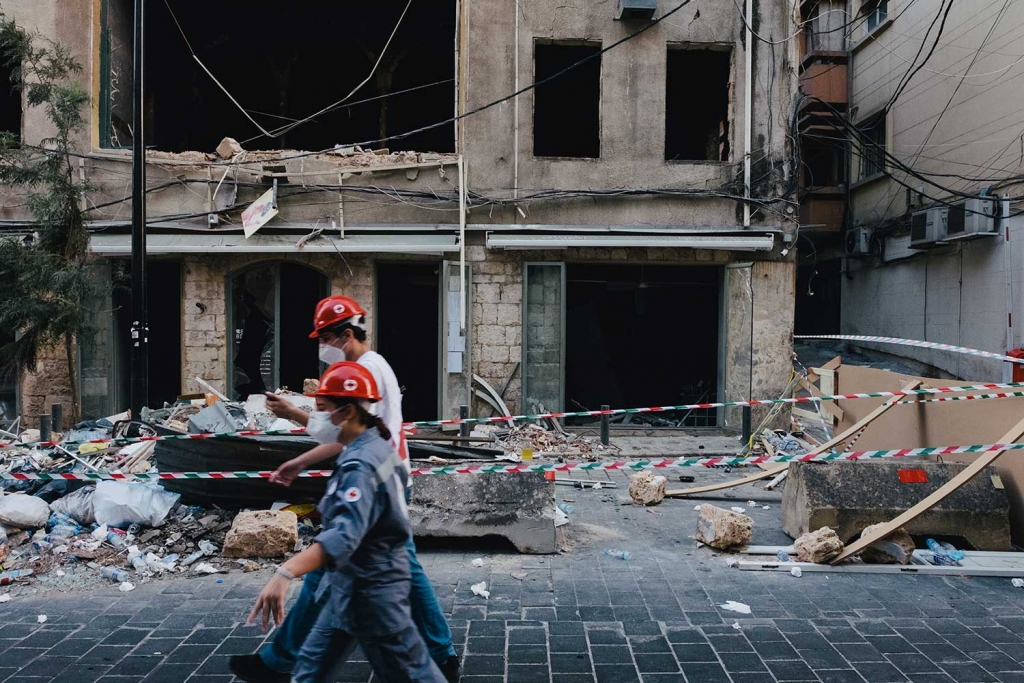
The Bisri Dam project seems, then, in many respects, to be a bad solution to a real problem of water supply. But it also seems like the symbol of an ongoing revolution in the streets of the capital. A revolution that rejects the religious political system, the system of favouritism and the appalling lack of accountability.
These frustrations are heard and relayed by the international community, beginning with French president Emmanuel Macron, who, two days after the explosion, felt compelled to show his support in person to protesters in the streets of Beirut. He promised the same thing as other democratic leaders: international aid to rebuild the capital, under the condition of major political reforms.
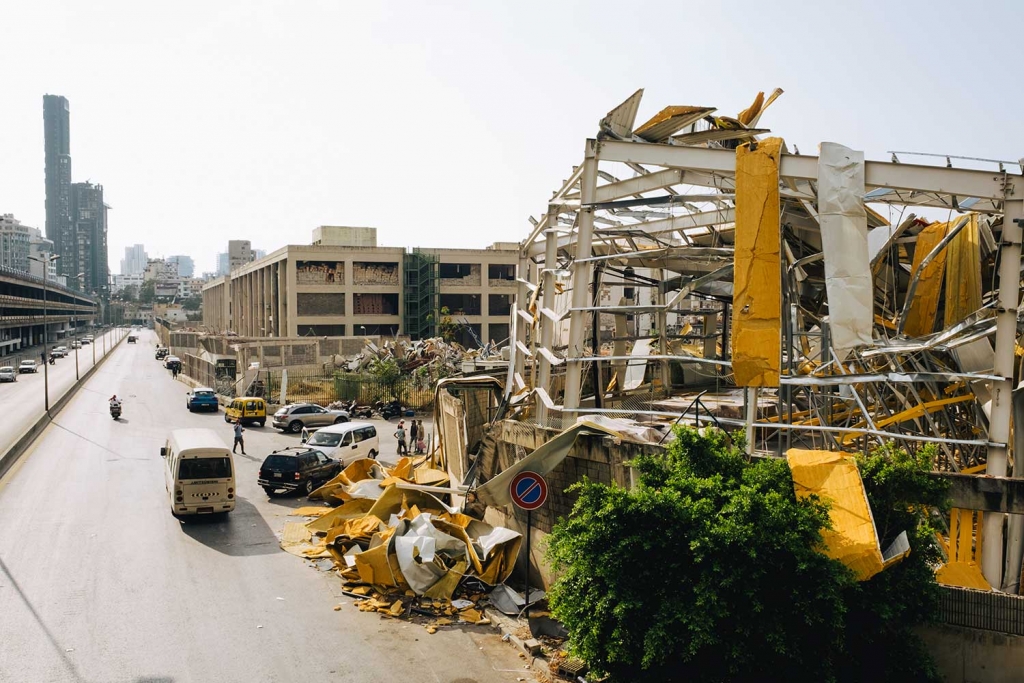
The World Bank’s withdrawal from the Bisri Dam project may be the first concrete example of this ultimatum delivered by the international community. In the past few months, the international financial institution had expressed concerns to the government about certain aspects of the project. The Lebanese government did not carry out the required reforms.
On 31 August the Lebanese political class chose Mustapha Adib as the new prime minister, after the former prime minister stepped down in response to the protests. The first part of the article in Le Monde that day said a lot about people’s hopes in this billionaire businessman, who is little known to the public: “Presenting the face of change while making sure to protect the system.” While political leaders are busy trying to keep the existing system in place, the protests against the government are not likely to lose steam in the streets of Beirut and the hills of Bisri.
Jasmin Lavoie is an international journalist and columnist. He has lived in Nigeria, Pakistan, and the United Kingdom. His articles have been featured in Le Monde, La Presse, France 24, Radio-Canada, the New York Times, and Billboard Magazine.
Drowster is a documentary photographer based in Montréal. His mission is to eradicate prejudice, using the power of beauty. He’s particularly fascinated by subjects related to the labour market and to isolated communities, and endeavours to overcome Islamophobia.
Never Miss Another Issue
Two issues per year
25% OFF previous issues
Free Shipping in Canada


